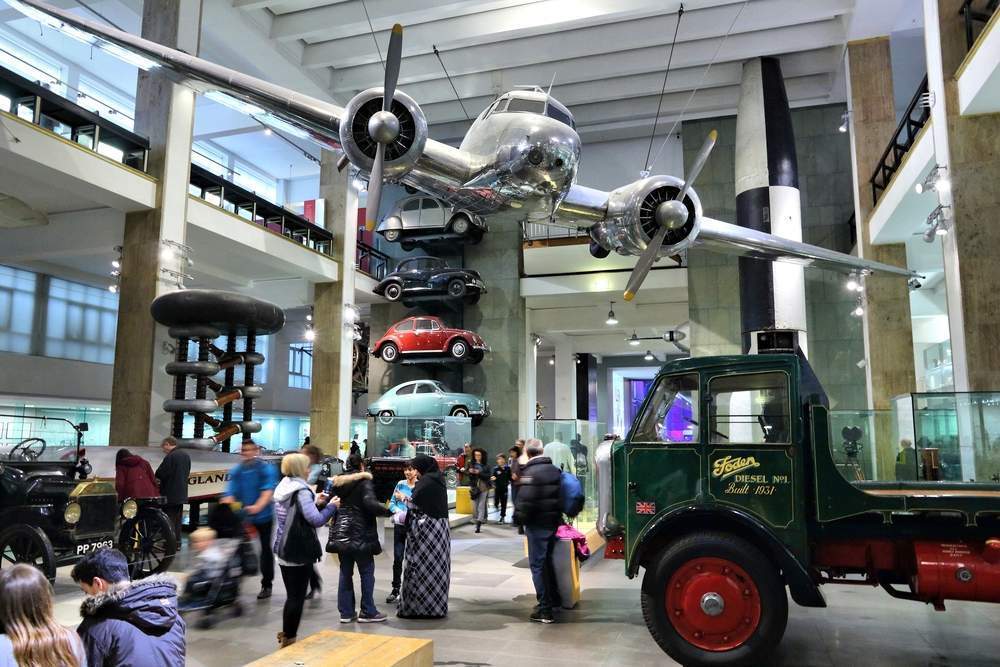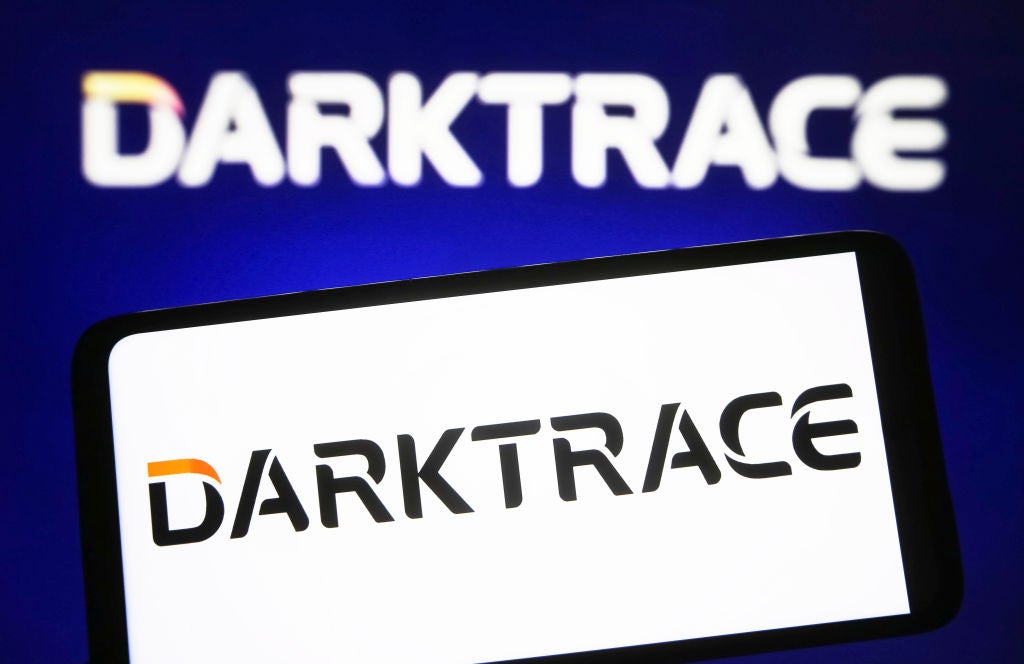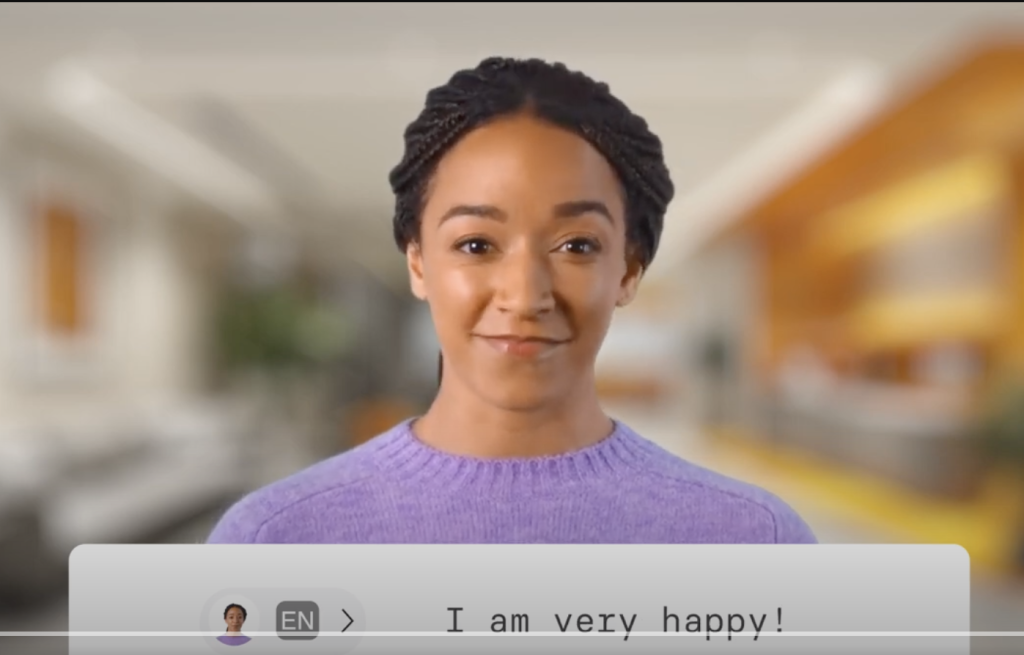
This week is Museum Week — a social-media based celebration which encourages people to interact with their favourite museums online. But it’s been overshadowed by fears the UK’s museums won’t survive the country’s exit from the European Union.
Organised by the United Nations Educational, Scientific and Cultural Organisation (UNESCO), Museum Week is in its fifth year and is dedicated to the “shared values of living together, citizenship and tolerance”, with each day of the week taking a different theme such as women, heritage or difference.
The event marks a growing trend of digitising museums to boost public interest.
In the US, novelty exhibits such as the Museum of Ice Cream orient themselves around their photogenic and thus Instagrammable nature, while places like Washington-based Newseum deploy virtual reality to make galleries more immersive and technology-friendly.
Yet in the UK, anxiety over declining visitor numbers and budget cuts have increased since the UK voted to quit the EU trading bloc in June 2016.
Prior to the vote, 96% of the Creative Industries Federation members supported remaining in the EU, while 84% of its members said the results of the vote would impact the success of their organisations.
How well do you really know your competitors?
Access the most comprehensive Company Profiles on the market, powered by GlobalData. Save hours of research. Gain competitive edge.

Thank you!
Your download email will arrive shortly
Not ready to buy yet? Download a free sample
We are confident about the unique quality of our Company Profiles. However, we want you to make the most beneficial decision for your business, so we offer a free sample that you can download by submitting the below form
By GlobalDataAccording to a Museums Association 2018 report, the central concerns of industry members are a loss of funding, and tighter regulations causing difficulty attracting and retaining staff members not originally from the UK.
Brexit’s wider economic implications were also mentioned, with a feared knock-on effect on supply costs, rental income and visitor spending.
The validity of such fears is, however, uncertain, with emerging figures indicating the UK’s departure may not damage the sector as much as initially thought.
The Museums Association survey found that a majority of museums (84%) had not received any EU funding for museum programmes or capital developments since 2010.
The funding that was received amounts to £1 million for regional museums and £3 million for national museums per year, a figure described as “relatively small” when compared to domestic funding.
The 2017 UK Government Mendoza Report, which looked at domestic funding into museums over the past ten years, found the average total to be around £844 million per year.
The Museums Association also reported that around 4% of employees at art institutions were not UK citizens, a figure in line with those published by the Department for Digital, Culture, Media and Sport in 2016 which said 4.6% of the UK’s cultural sector workforce were citizens of other EU countries.
This figure could mean that more than a third of museums could see staffing arrangements disrupted, however it does not imply a necessary loss of staff members.
Research by accountancy KPMG has found that it was the atmosphere of a post-Brexit UK rather than the “practical issues such as the value of the pound or applying for residency” which will have the greatest impact on whether non-UK citizens will choose to work in Britain.
Of course, the direct consequences of Brexit will not be fully realised until the UK formally leaves the EU in a little under a year’s time.
Of greater concern for the future of UK museums are the steadily rising prices of exhibits themselves — with a single exhibition at the Tate costing £17.70 ($23) in comparison to the standard $25 most US museums charge for the entire collection.
Low pay for those within the industry has also caused a loss of talented staff.
The Mendoza Report found there is a “pressing need” in the UK for leaders with the ability to guide museums, yet a number of directors and curators such as the Tate’s Sheena Wagstaff and Chris Dercon have left for galleries in other countries with more lucrative opportunities.
There is a danger Brexit could exacerbate pre-existing pressures in the industry. For museums, Brexit is a higher profile example of an existing problem.





